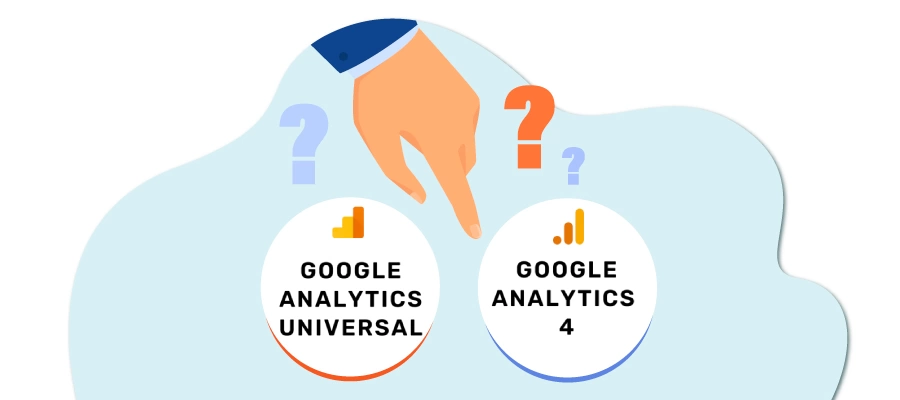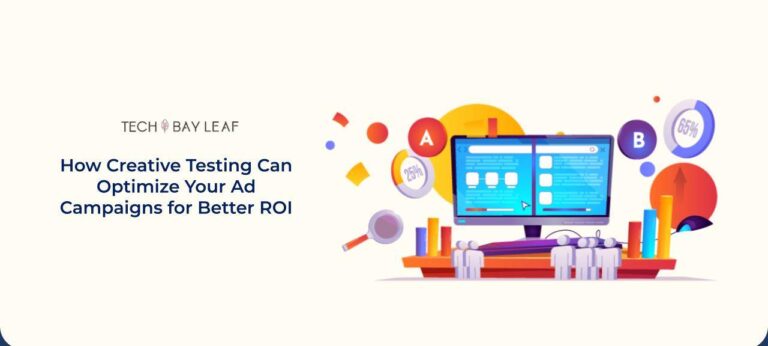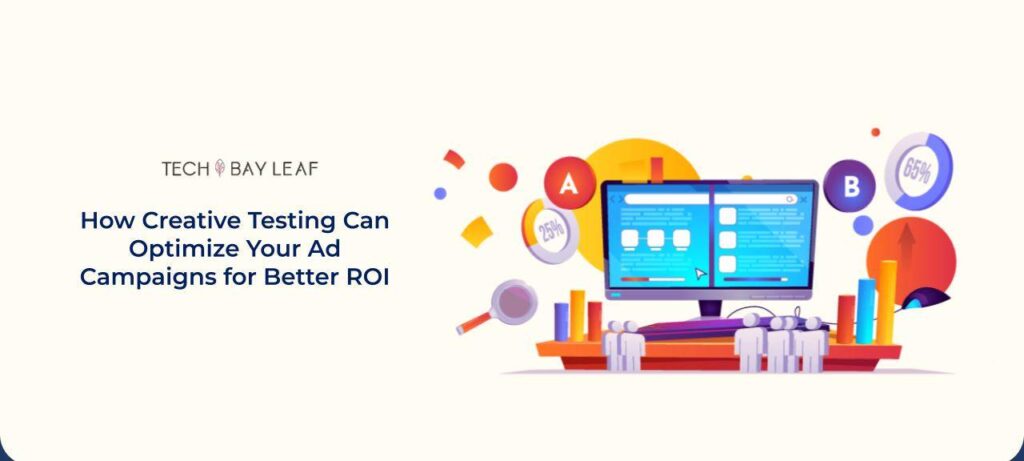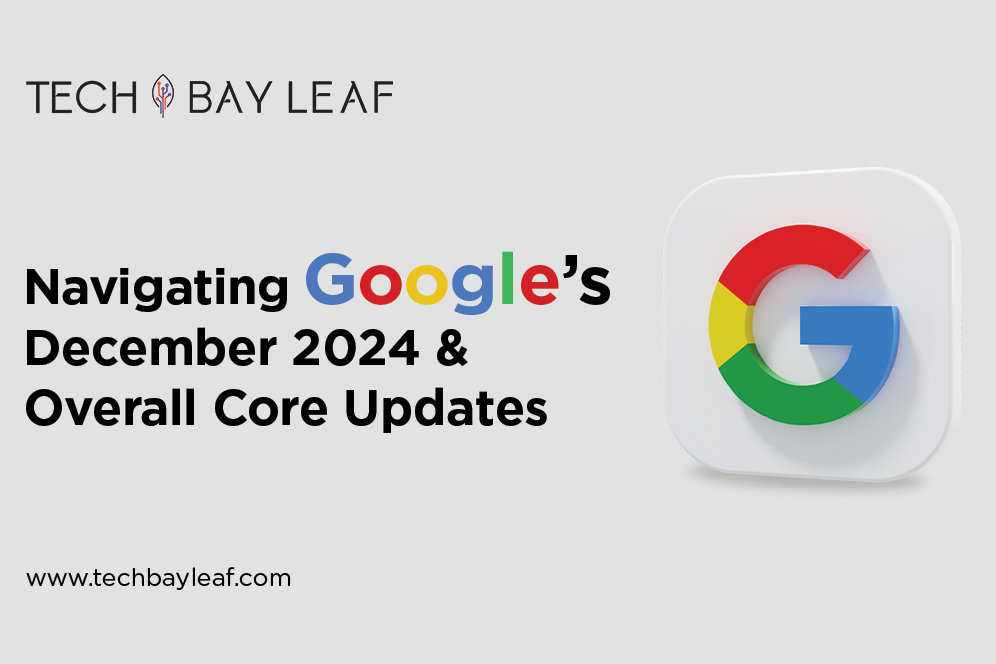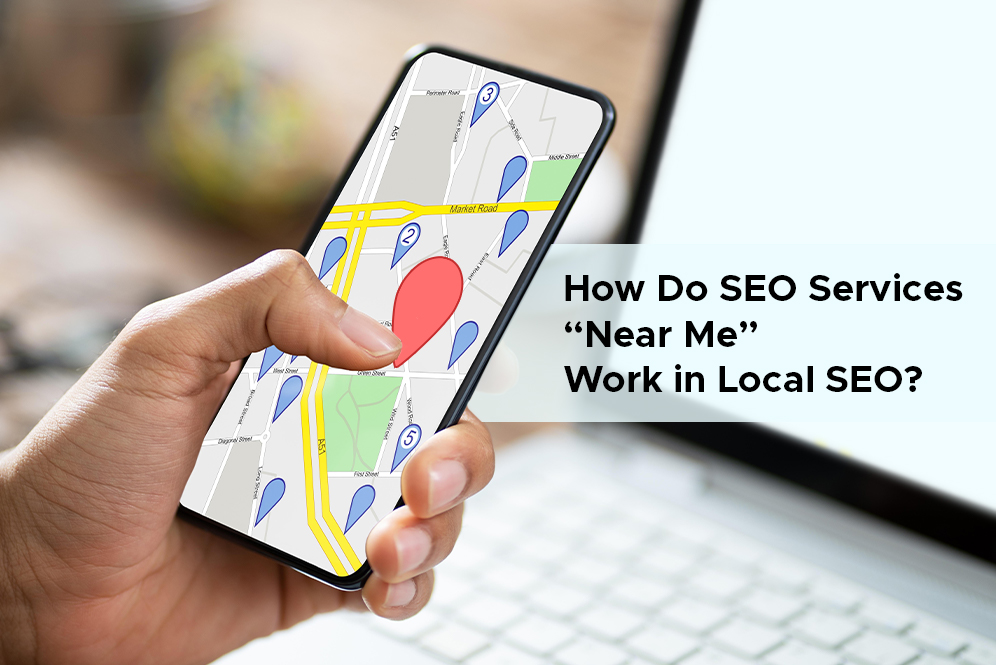Do you still use Google Universal Analytics for your business? Then this article is for you.
As of 1 July 2023, Universal Analytics (UA) will be permanently replaced with Google Analytics 4 (GA4). Users will be able to retrieve or export their amount of data for at least six more months after the replacement; however, the UA property will not process any new data after July. We highly recommend exporting your historical data for future reference. It’s time to add GA4 to your Google Analytics account right away, or Google will create one based on your existing UA property with existing Google Tag Manager site tags.
UA is a free web analytics tool that tracks your website’s performance similarly to Google Analytics 360 in many ways. It helps analytics users understand how people interact on your website, navigate through pages, click, exit, and more. These insights aid in optimizing marketing campaigns, improving conversions, and increasing sales. Additionally, UA integrates well with Google Search Console and supports data-driven decisions.
GA4, an upgraded version of Universal Analytics, enhances the ability to track and measure the customer journey in a more data-driven and event-based manner, fully aligned with the General Data Protection Regulation (GDPR) for privacy compliance. Let’s explore the pros and cons of using Google Analytics 4 (GA4) compared to Universal Analytics (UA).
Pros:
- One platform for both website and app tracking
Significant benefits of GA4 over UA is that it allows us to track both website and app traffic within the same analytics platform. However, users need to create filters to separate web data from app data to prevent overlapping. For instance, when you view page views, data from both platforms will appear; to view specific page views for a website or app, be sure to filter the data.
- Enhanced insights on the buyer journey
GA4 is user-centric and tracks user interactions in real time across devices. This means if a user visits your website on a desktop and revisits or completes a purchase via mobile or app, GA4 gathers combined insights, making it a powerful tool for understanding user journeys across platforms.
- Improved tracking of user engagement
In Universal Analytics, analytics users can track scrolling, outbound link clicks, document clicks, video engagement, site search, and other events. Another benefit of GA4 over UA, is that everything must be set up as a custom event, allowing for more refined, event-based data collection.
- Privacy-focused analytics
GA4 is built with a privacy-centric approach and does not track third-party cookies. It uses first-party cookies and signals for data collection, ensuring that only website owners have access to the collected data. This setup aligns with general data protection regulation standards, protecting user privacy across devices.
- Additional features and benefits
Additional benefits of GA4 over UA, makes it a next-generation analytics platform:
– Event-based segmentation
– Custom funnel creation
– Heat maps
– Three predictive metrics: Purchase Probability, Churn Probability, and Revenue Prediction
Cons:
- New interface and setup challenges
The new GA4 interface differs from Universal Analytics, and analysts may find it challenging to adapt, potentially leading to skewed data during migration.
- Limitations on properties and events
Analysts can create up to 25 user properties and 50 events within a single GA4 property. While adequate for many, it may be restrictive for larger analytics users with extensive data collection needs.
- Time-consuming migration
Migrating data from UA to GA4 can be time-intensive. Without proper tagging or data migration, all historical data may not be accessible in GA4.
- Event-based conversion tracking
GA4 uses an event-based tracking model, where each user action—like a page view—records as an event. To track conversions, users need to mark specific events as conversions, which may require technical knowledge to set up complex conversions effectively.
Despite some drawbacks, GA4 is set to be a comprehensive tool for web analytics, helping marketers evaluate website traffic and measure the success of marketing campaigns. With real-time insights, privacy-focused data collection, and compliance with GDPR, GA4 offers analytics users a robust solution for the future. As the transition progresses, we can expect Google to introduce more features and educational resources to help businesses leverage the full potential of GA4.
